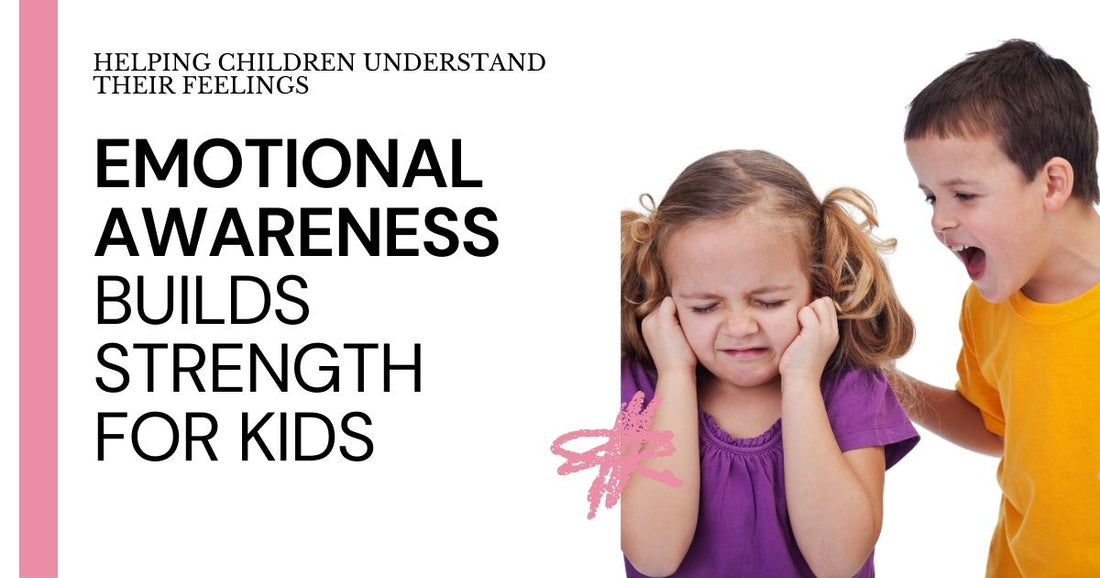
Emotional Control
Share
Being able to name your feelings is the first step to managing them. While this might seem obvious, it’s a skill that many children struggle with.
Kids who have difficulty with emotional control may cry for extended periods without being able to stop or stay upset long after the situation has passed, no matter how many times they are encouraged to move on. Helping them develop emotional regulation skills can make a significant difference in their ability to navigate daily challenges.
One way to start early is through simple games that teach children to recognize and name their emotions. This not only helps them understand their own feelings but also improves their ability to read social cues.
For toddlers, role-playing games are a great way to introduce emotions in a playful and engaging way. Acting out different situations helps them understand various feelings and how to respond to them.
For teens, chance-based games can be a valuable tool. These games teach flexibility and resilience by reinforcing the idea that not everything in life can be controlled. Learning to adapt to unexpected outcomes helps them manage frustration and develop a more balanced emotional response.
By incorporating these activities into daily life, kids can build emotional awareness and gain the tools they need to handle their feelings in a healthy, productive way.
Coach Benjamin Mizrahi. Educator. Learning Specialist. Family Coach. Father. Husband.
More articles on EXECUTIVE FUNCTIONS COACHING – Benjamin Mizrahi
